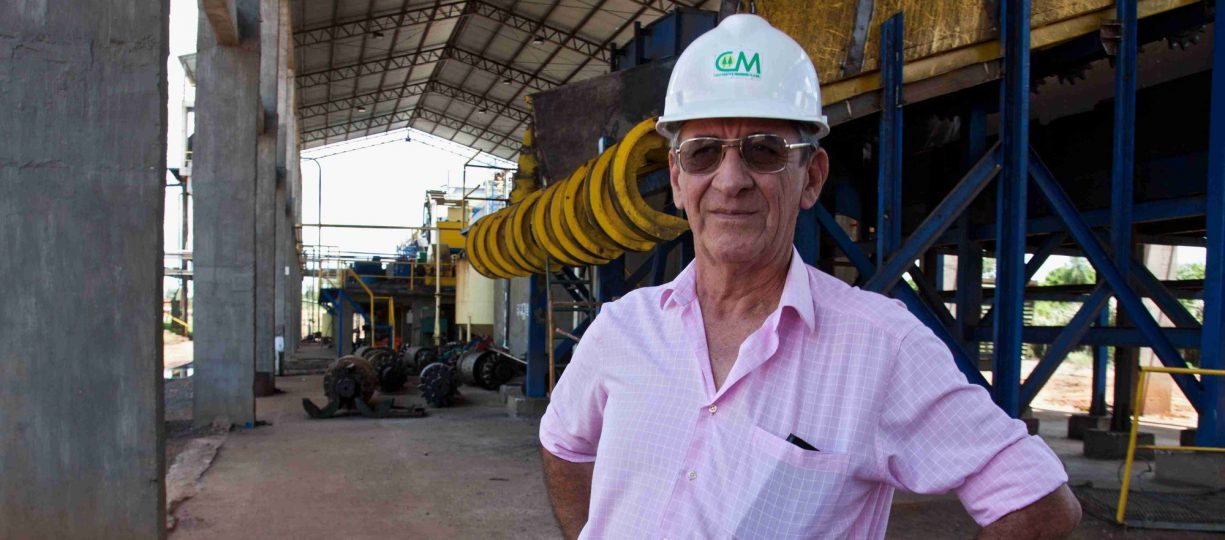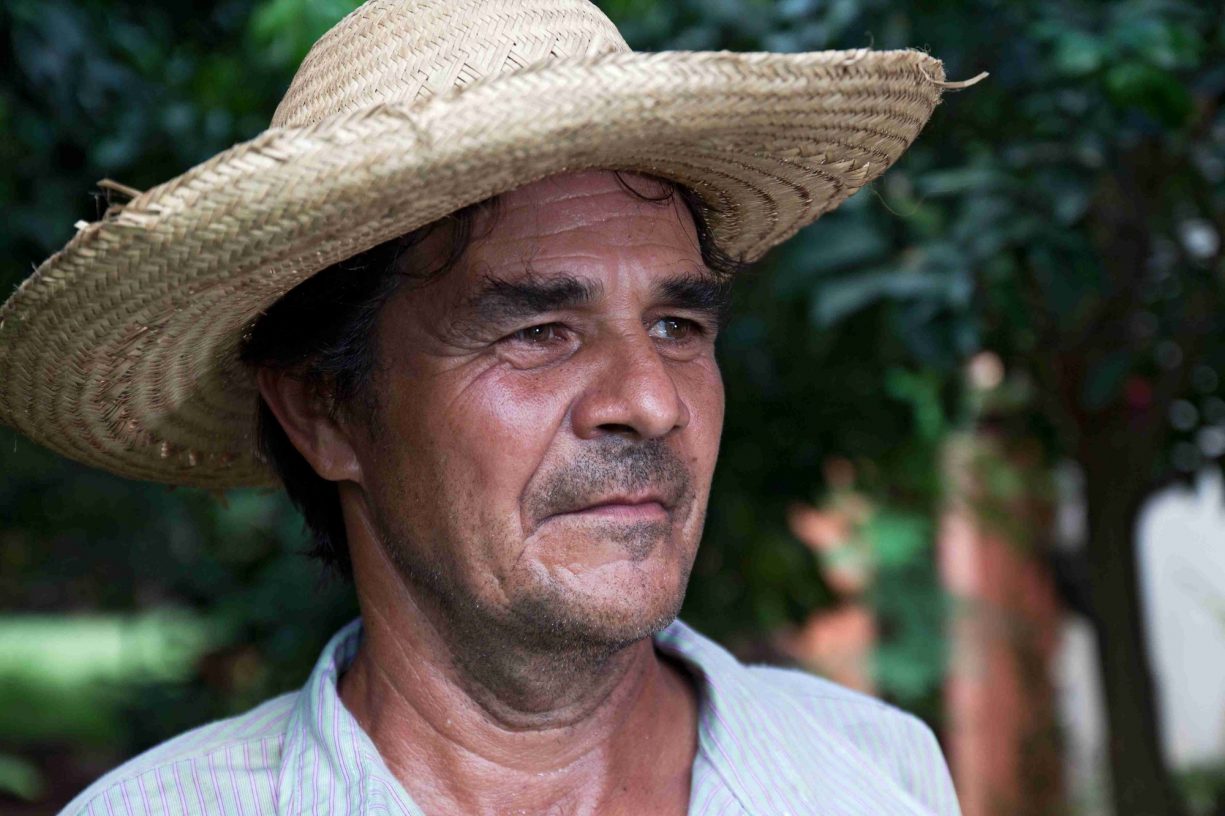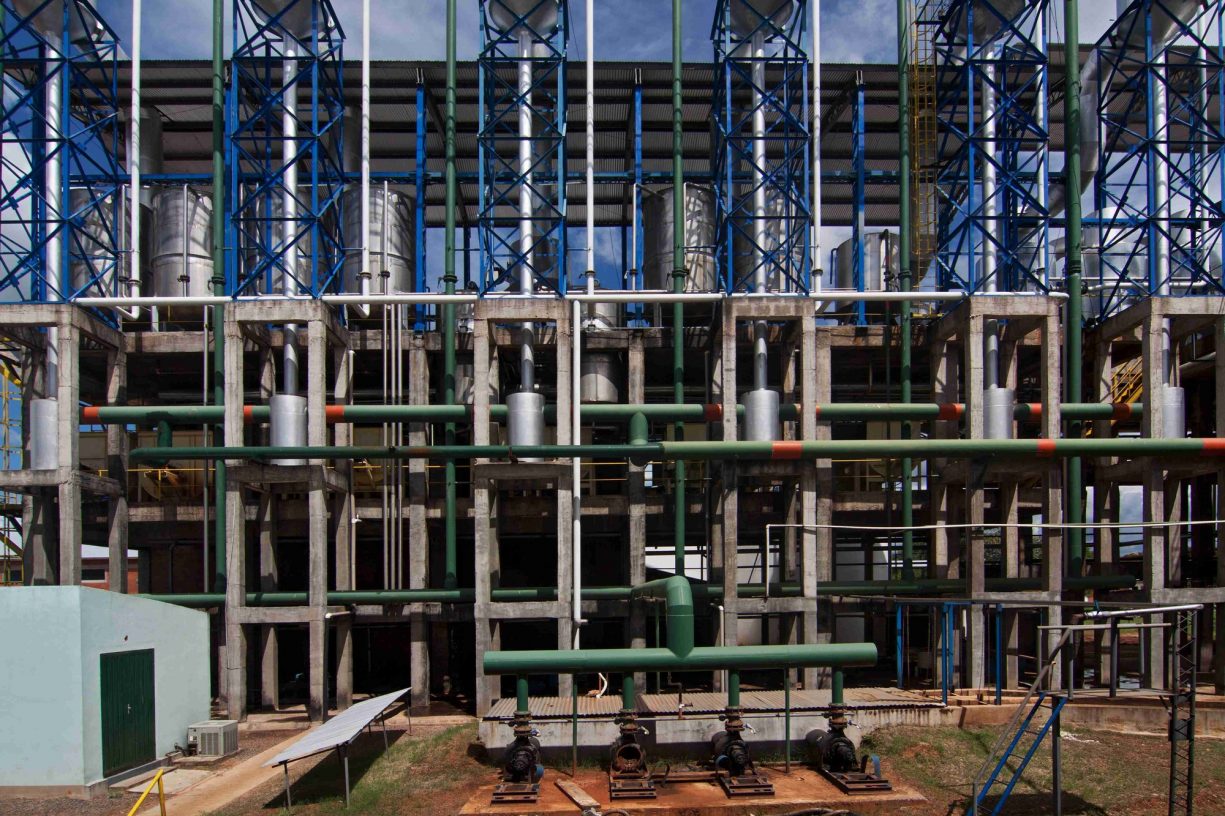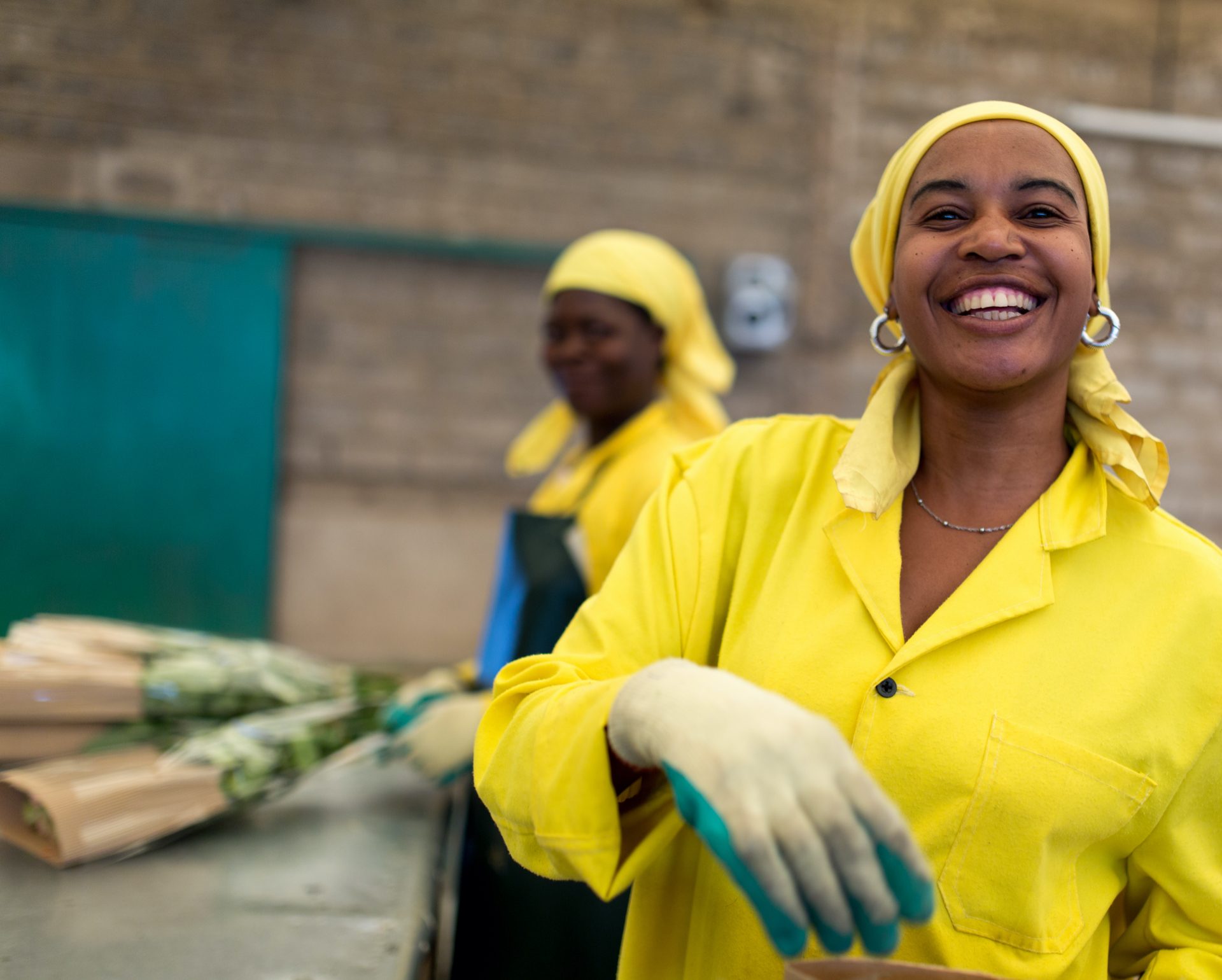Manduvirá Cooperative, Paraguay

Manduvirá Cooperative is located in the remote district of Arroyos y Esteros, around 70km northeast of Asuncion, the capital of Paraguay.
About Manduvirá Cooperative

The Manduvirá Cooperative in Paraguay has transformed from a group of sugar cane farmers struggling with unfair prices and unjust trading practices into the world’s leading producer and exporter of organic and Fairtrade certified sugar. The cooperative was founded as a savings & credit co-operative in 1975 by a group of teachers and agricultural workers to help its members access credit without the bureaucracy of bank loans and to work together to improve their community. As well as organic sugar, its 1,750 members produce organic sesame, cotton, fruit and vegetables.
Manduvirá Cooperative was Fairtrade certified in 1999. It exports almost all of its annual production of 4,000 tons of sugar to Fairtrade clients in 18 countries. For Manduvirá, an important element of Fairtrade is the option for advance payment of 60 percent of sales contracts. This enables the cooperative to finance production and pay farmers without taking out expensive bank loans.
In Paraguay, people said 'You are poor. You are crazy. You will never be able to sell or export sugar directly or think about having your own sugar mill.' Fairtrade said we could.
Andrés González, General Manager of Manduvirá Cooperative
Fairtrade Premium

Fairtrade sales include a Fairtrade Premium of $80/tonne. Half is distributed equally among members to invest in farm improvements or home improvements such as indoor bathrooms. The remaining 50% is spent on business and community projects, including:
- Providing a new health center, including a medical team, dentist, optician and laboratory services – available to the whole community, and the only one in the region.
- Donating school uniforms and kits containing pencils, notebooks, rucksacks and other school materials. Educational courses for children in computers, languages, art, music, and dance.
- Running a savings and credit scheme.
- Agricultural support and training services.
- Purchase of a tractor and plow that members can hire for a third of the market rate.
- Before the cooperative was Fairtrade certified, its members harvested their sugar cane then sold it to a local mill for processing. By 2004, they had gained the knowledge and skills to contract a mill to process the cane into sugar and export it directly themselves – a first for a cooperative in Paraguay. But high rental and transport costs to the mill, located 100km away, still made it a costly operation, using resources that could be better deployed in the community.
In December 2011, the cooperative laid the foundation stone for what was to become the world’s first producer-owned Fairtrade organic sugar mill, which opened for business on schedule in May 2014. At an opening ceremony attended by 2,000 – including Paraguay’s Vice President – the cooperative’s General Manager, Andrés González, announced:
Our dream of a sugar mill owned by a cooperative and not by private ‘empresarios’ has come true.
Now, rather than paying transportation and rental costs to another mill, the $15m mill funded by loans, Fairtrade Premium investment and the Fairtrade Access Fund, is bringing significant improvements to the lives of sugar cane farmers, workers and their communities.
Manduvirá and its mill are a perfect example of development through Fairtrade, enabling farmers to take greater control of the value chain, add more value to their final product, and ensure that benefits remain in the community where they belong. As well as processing more cane sugar, the mill will employ around 200 people and provide job opportunities for many sons and daughters of farmers who had left the area in search of work.

